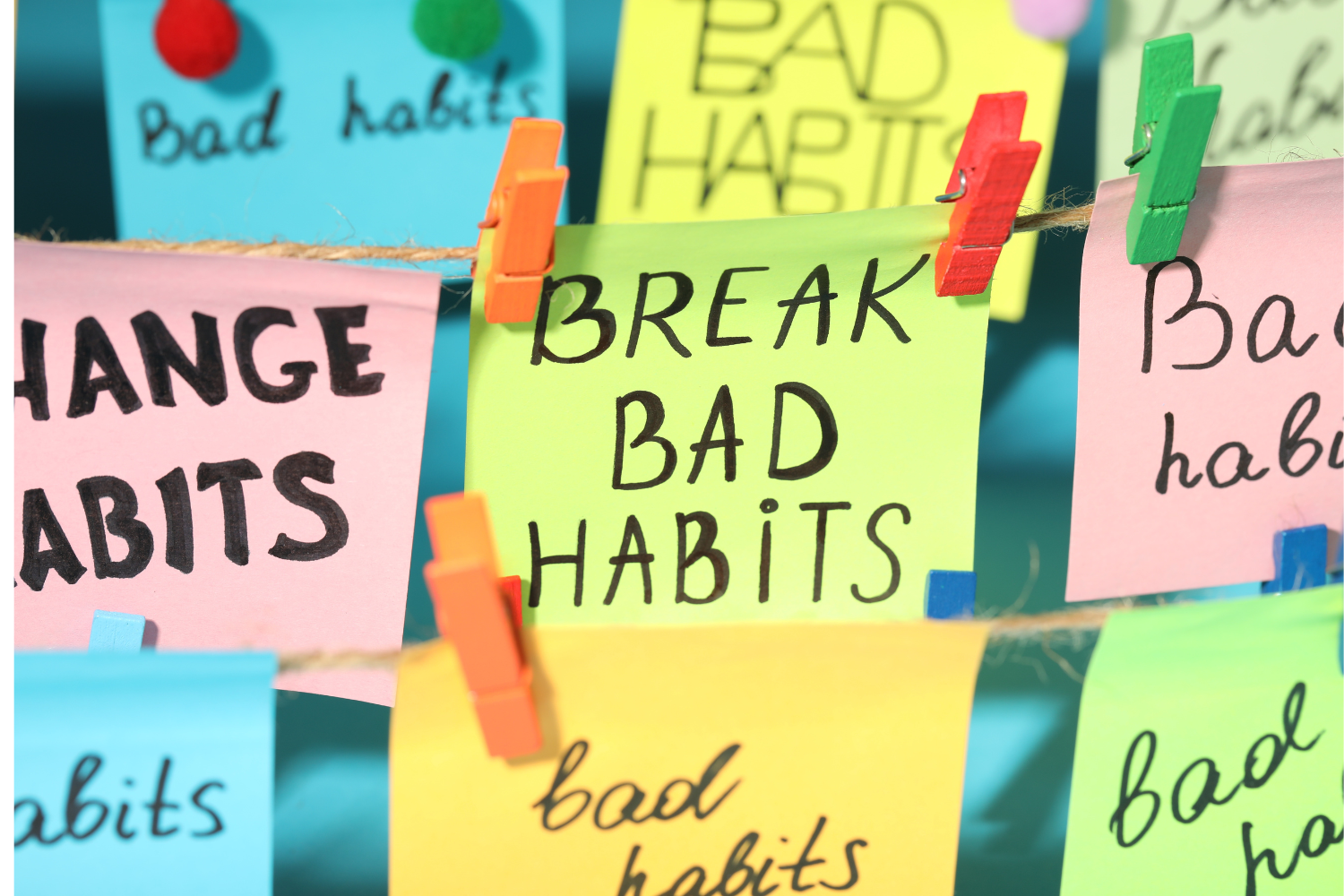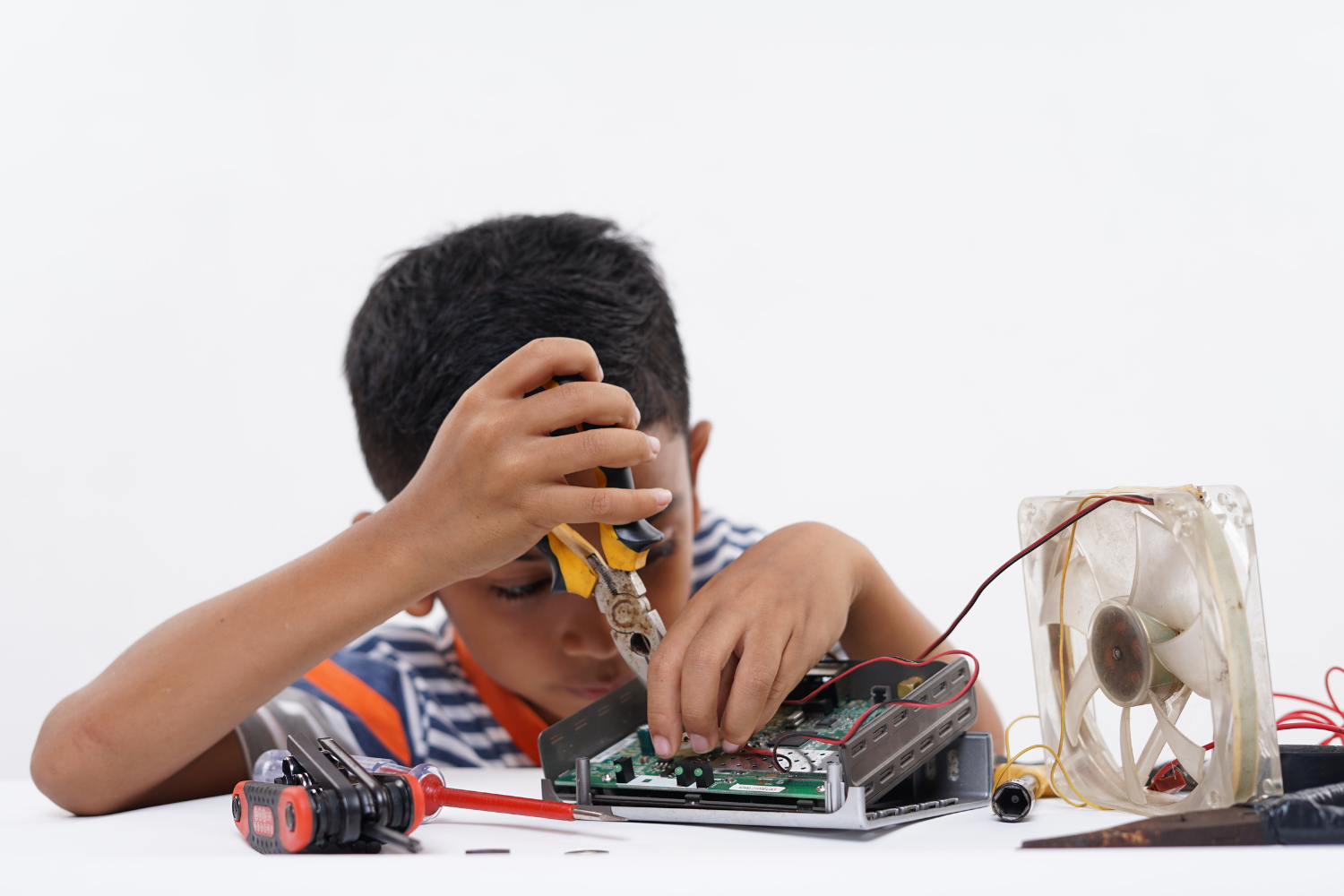Actually, there is no epidemic of ADHD. It is a phantom disorder with no basis in science according to John Rosemond and Bose Ravenel's eye-opening book, The Diseasing of America's Children.
Their argument is sound.
The real epidemic is an epidemic of the inability to stay focused because we live in the Age of Distraction. A school-age child's inability to focus is not a medical disorder; it is the result of a skill he has never developed; the skill of paying attention and staying focused.
Normal, healthy children raised in wholesome ways don't suffer from the inability to focus. Prior to the 1970s when children ran free, learning and behavioral disorders in school were almost unheard of.
To be precise, only about 1 - 3% of the population in the USA were afflicted with a true disorder. To put this in perspective, during my 1960 / 70s school years, I never had a classmate who was diagnosed with a learning or behavioral disorder.
If a child was amongst the 1 - 3% afflicted with a medical disorder, the disorder was usually too extreme to enter school in the first place.
So now what? If there is no epidemic of ADHD, and if the real problem is that normal, healthy children are not learning how to focus, what can we do to correct this tragic situation?
It is tragic, too, because learning to pay attention is no small matter. Any skill we develop or any subject we study is predicated upon our ability to stay focused.
Therefore, a child who learns to focus well will learn more; a child who learns more will become smarter.
No rocket science here; it's just common sense. The tragedy is that our children are not learning to focus, they are not being well-educated, and, quite frankly, our sinking literacy rates indicate that our kids are not growing up to be as intelligent as they could be either.
First, let's qualify what we mean by "children." It would make sense that the ability to focus for longer periods would run parallel with the development of the long term memory, which begins around the third year of life.
In order to remember something, we have to stay focused on it long enough to remember it.
The idea of expecting a child under the age of three to sustain his focus is preposterous; I’m sure no one is doing this! But as the child matures, his ability to focus should increase as well.
If it is not increasing, it is most likely because the child's environment is not conducive towards learning how to pay attention and stay focused.
Children develop these skills through the practice of doing them. The question we should be asking is not why so many of our children have ADHD, but how we can create environments for our children that are conducive towards developing the skill of paying attention and staying focused.
If we are not providing this kind of an environment for our children, then, yes, the fault lies with us.
4 WAYS TO PROTECT YOUR CHILDREN FROM THE PHANTOM ADHD EPIDEMIC
Expect your children to listen to you without interruption. Much of the problem we are dealing with is that children are confused about who is in charge, thanks to all of the proven-not-to-work parenting theories that have been thrust on us since the 1950s.
Our job is to raise civilized human beings. Civilized human beings in little bodies learn how to focus, because they have parents who train them to listen when they speak, do their chores when they are told to, and generally behave in well-mannered ways.
Create an environment for your children to move around and explore and be independent. Young children have an insatiable curiosity, and this curiosity will lead them to an infinite number of things they will want to pay attention to, all of which will help develop their ability to focus.
This presupposes your children are not in a preschool, not sitting in front of a television, and not playing with your smart phone.
Keep quality literature in every room in your house for your older children to read. Read stories to all of your children and raise them to read quality books for fun. Reading requires focus. Reading, or listening to someone else read, will strengthen the focus muscle.
4. Keep your children away from screens! Keep your children away from screens! I'm sorry to tell you this, but there is no way around it. If you want to raise smarter, happier, well-mannered children, you will need to keep them off of screens. The idea that you can limit their screen time when they are young is rubbish.
If I'm the only one who is telling you this, it is because I have done my research, I am willing to go against the grain to say what is true, even when it is unpopular, and because I have no financial interest in saying the opposite.
The research tells us to keep screens out of our children’s lives.
It's like putting a child who can't swim into the deep end of a pool, and telling him he can have five minutes in the water. A screen-fed child will drown his mind in a dumbed-down world of distraction and action-packed entertainment.
How will such a child ever learn how to think for himself?
Think of it this way: when your children are zoning out in front of a screen, they are not reading, socializing, or playing. And they are certainly not doing their chores!
When your children get older and develop a reading habit, consider introducing a movie on the weekends.
Until then, screens will only be an obstacle to engaging in activities that will help your children develop physically, emotionally, and neurologically, all of which will help to strengthen their ability to focus and pay attention.
Don’t miss our free download, 31 Screen-Free Activities to Support Your Child’s Developing Brain.
Teach your child to read before sending him to school! Learn more about Elizabeth's unique course, How to Teach Your Child to Read and Raise a Child Who Loves to Read.
When you join the Smart Homeschooler Academy online course for parents, Liz will share her 6-step framework, so you can raise children of higher intelligence, critical thinking, and of good character.
As a homeschooler, you will never have to worry about failing your children, because working with Liz, you will feel confident, calm, and motivated; as she guides you to train your children’s minds and nurture their characters.
For parents of children under age seven who would like to prepare their child for social and academic success, please begin with Elizabeth’s singular online course, Raise Your Child to Thrive in Life and Excel in Learning.
Elizabeth Y. Hanson is a homeschooling thought-leader and the founder of Smart Homeschooler.
As an Educator, Homeschool Emerita, Writer, and Love and Leadership Certified Parenting Coach, she has 21+ years of experience working in education.
Developing a comprehensive understanding of how to raise and educate a child, based on tradition and modern research, and she devotes her time to helping parents to get it right.
Elizabeth is available for one-on-one consultations as needed.
"I know Elizabeth Y. Hanson as a remarkably intelligent, highly sensitive woman with a moral nature and deep insight into differences between schooling and education. Elizabeth's mastery of current educational difficulties is a testimony to her comprehensive understanding of the competing worlds of schooling and education. She has a good heart and a good head. What more can I say?”
—John Taylor Gatto Distinguished educator, public speaker, and best-selling author of Dumbing Us Down: The Hidden Curriculum of Compulsory Schooling






























































